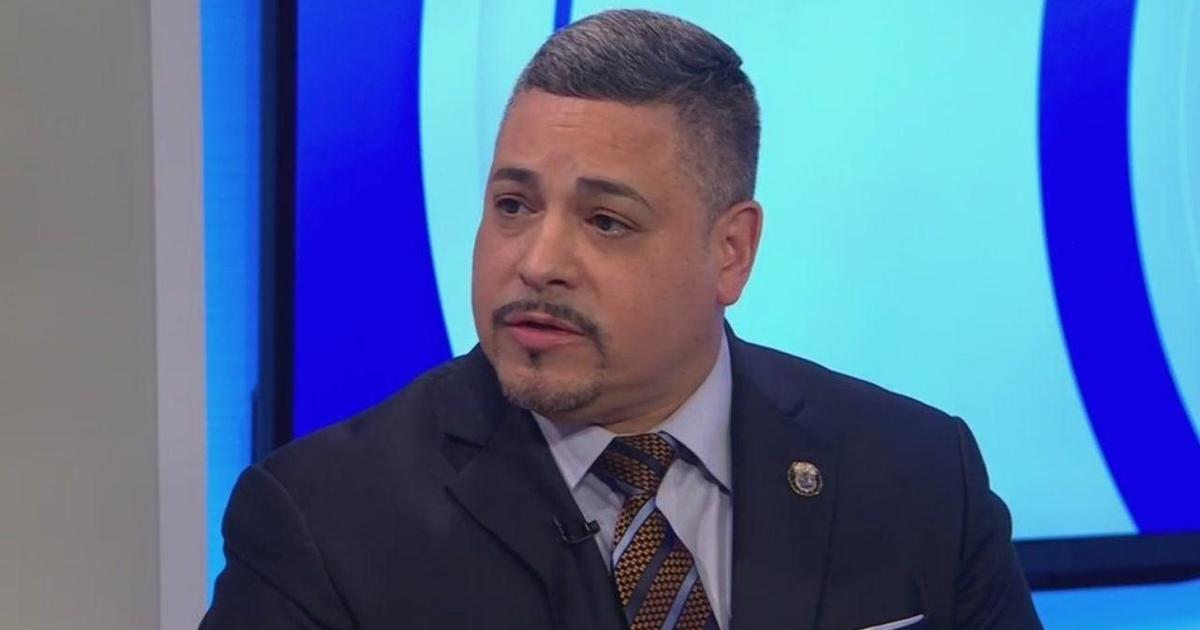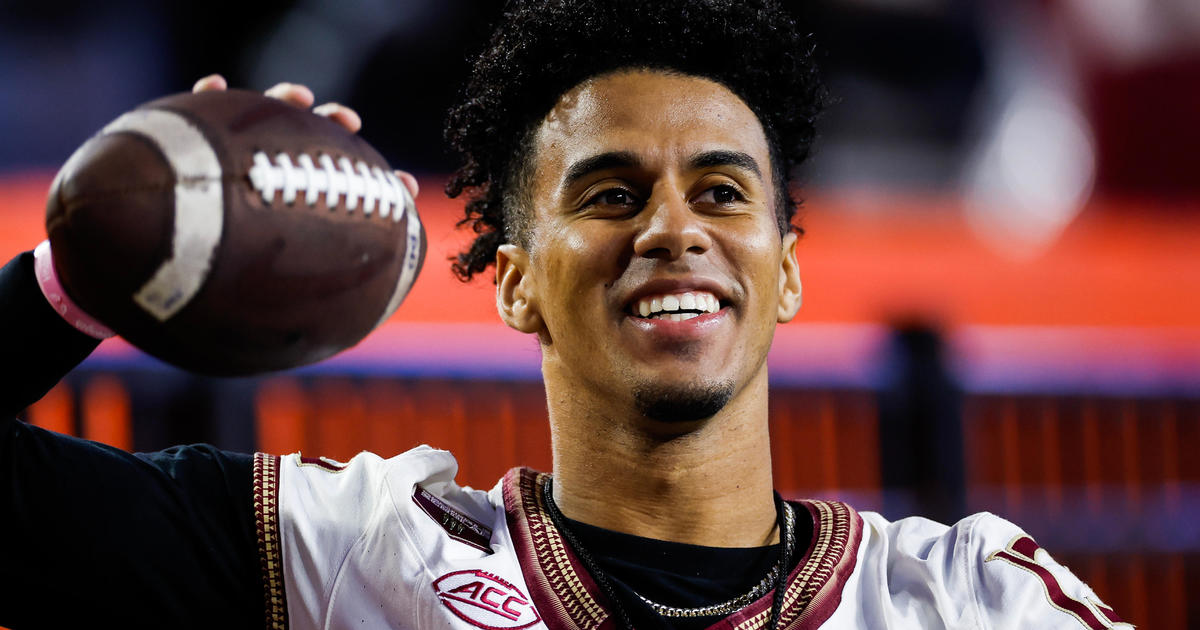Nina In New York: We Should Be Reading To Our Babies From Birth, Say Pediatricians Who Have Never Had To Care For A Newborn
A lighthearted look at news, events, culture and everyday life in New York. The opinions expressed are solely those of the writer.
______________
By Nina Pajak
As far back as I can remember, I've been a lover of books and reading. So much of my childhood nostalgia is attached to specific children's stories and chapter books I read with my mother and father and, eventually, on my own. The love of literature my parents instilled in me has been a powerful through line in my life, informing many of the personal and professional choices I've made as an adult. Now, it is extremely important to me that I successfully raise my daughter with that same passion for reading, no matter what career she pursues.
So since that I've established myself as both a caring parent and staunch defender of the value and power of the written word, I feel comfortable expressing some serious doubt as to the American Academy of Pediatrics' new recommendation that parents begin reading to their children "from birth."
According to The New York Times, research shows that kids who are read to are exposed to many more words than kids who are not, and the differences can be seen as early as 18 months of age. The AAP's new guideline is aimed at low income families in which the parents aren't highly educated and don't prioritize keeping books in the home or spending time reading aloud. This puts their kids at a disadvantage in school down the road, and pediatricians hope that these efforts will "help reduce academic disparities between wealthier and low-income children as well as between racial groups."
This is all fantastic, and I wouldn't dream of disputing the science and intention behind the policy. Reading = great. Reading to kids from a young age = wonderful. Closing the literacy gap = necessary.
However, the idea of worrying about reading to my infant from birth is just laughable. When I came home with my daughter from the hospital, it was all I could do to keep her fed and in clean diapers. I could barely walk for two weeks. That other oppressive source of parenting guilt, the pressure to breastfeed, kept me occupied roughly 20 hours a day. Even two months into motherhood, the majority of my time and energy was devoted to managing nursing pain, digging myself out of piles of mail I'd been ignoring, trying not to cry for no reason in front of total strangers, attempting to shower once every two to three days, figuring out a childcare solution, and sleeping and eating in whatever moments remained. If someone had told me then that I should also be reading aloud to a screaming newborn whose most basic needs amounted to a full-time job, lest I ruin her chances at academic and professional success, I'd have told them they were insane. Then I'd have asked them to hold the baby for a second so I could go pee, which I hadn't done in five hours.
I realize the AAP's directive is not really intended for me, a privileged, college-educated parent. But then, how much harder must it be for a single, working mother or a non-native English speaking immigrant to imagine reading to a newborn when there's so much more to be done? I worry that such a ludicrous idea will just be dismissed out of hand, while a more reasonable instruction might have a chance of being followed. Why don't we say six or eight months? Honestly, I tried to read to my daughter from a very early age and was met with utter disinterest for quite a long time. Now she adores books, but mostly for the joy of flipping through the pages as quickly as she can, shutting the covers before I'm finished and throwing it down in favor of a new one. I'll take it.
Just like the AAP's other recommendations to nurse babies for their entire first year of life and deny all screen time until the age of two, this one feels idealistic and unfeasible. Regular people—particularly those with limited resources—can't reasonably live by these standards. Rather than risk alienating them entirely by seeming out of touch with the abilities of the average parent, we need guidelines by which we can actually live. I'm not saying we should compromise the health and development of our babies, but there needs to be a more obvious nod to reality in these types of public health policies.
Meanwhile, I shall dutifully "read" my daughter book after book as she bounces around the room, occasionally tuning in to rip off a liftable flap or snatch the whole thing out of my hand. I hope that all mothers across the country do the same, too. But I think it's probably okay if they wait until their stitches heal.
Nina Pajak is a writer living with her husband, daughter and dog in Queens. Connect with Nina on Twitter!



